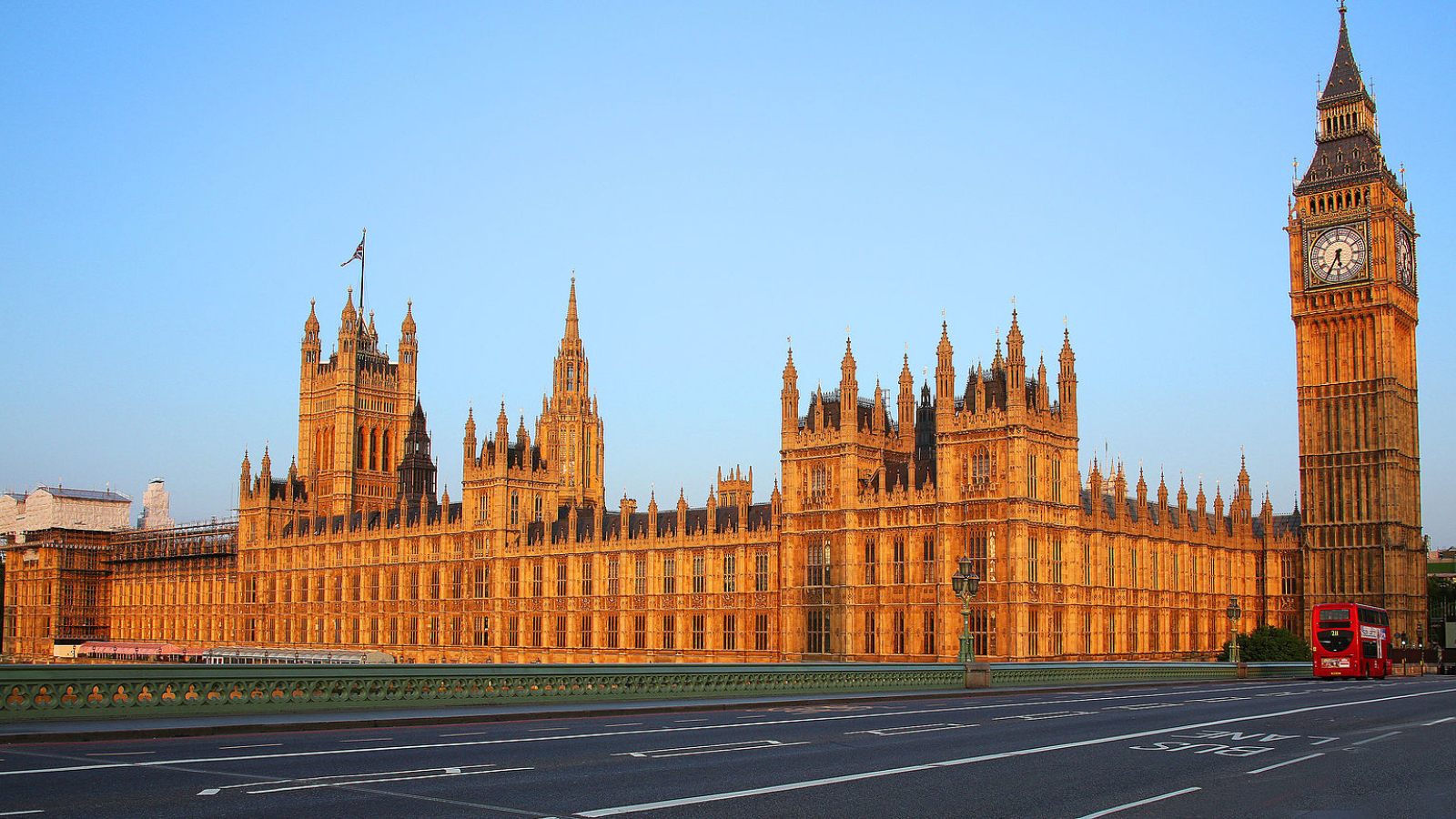The WPI@LMU blog is a link between Loyola Marymount’s mission to encourage learning, educate the whole person, and promote justice, and the World Policy Institute’s mission to identify critical emerging global issues and give voice to global perspectives and innovative policy solutions. For the inaugural edition, President of the World Policy Institute at Loyola Marymount University, Michael A. Genovese uses the example of the U.K.’s unwritten constitution to weigh the advantages and disadvantages of states with fused executive and legislative bodies.
By Michael A. Genovese
This year marked the 800th anniversary of the Magna Carta. For some in Great Britain, it was an opportunity to hold a national conversation about constitutional reform. To Prime Minister David Cameron, it was a time to say, “Thanks, but no thanks.”
As part of the deal to cement the Liberal Democrats participation in the post-2010 election’s coalition government, the Conservative Party and their Prime Minister-to-be David Cameron agreed, among other things, to allow for the creation of a constitutional reform committee promoted by Lib-Dem leader Nick Clegg. Soon after, the Political and Constitutional Reform Committee was established to work on generating ideas centered on reforming the British Constitution (the British are one of few countries that have an ‘unwritten’ constitution).
Graham Allen, Member of Parliament from Nottingham North and a reform-oriented member of the Labour Party, took the lead in advocating the creation of a codified, written constitution for Great Britain. He would later become chair of said committee. Arguing that it was time for the British people to have their rights explicitly spelled out in a single document that limited government and enhanced democracy, Allen gained attention by asking the British people to contribute to the ongoing debate, thereby opening the door for normally marginalized groups to become part of the dialogue. Using social media (e.g. YouTube), Allen solicited advice on what ought to be included in a new constitution.
In turn, his call to action struck a nerve. This exercise in democratic thinking and constitution building elicited wide-ranging suggestions—many of high quality.
Thousands of ordinary citizens (oops, I mean Her Majesty’s ‘subjects’) wrote in with suggestions, as well as a host of students from universities in the U.K. and U.S. It was, in fact, the largest consultation by a parliamentary committee in U.K. history. In March of 2015, the committee released an initial version of a written constitution for Great Britain, and asked for comments, critiques, and suggestions.
The timing of the reform effort could not have been more apropos. With a series of consequential decisions to face — Will Scotland leave the U.K.? Will the U.K. withdraw from the EU (the Conservative government has promised a referendum on this question by 2017)? What is the fate of the House of Lords? Are there limits to devolution? What works best for the economy: austerity or stimulus? Look ahead or backwards? — the British are at a critical moment of choice. The decisions they make in the next few years will shape their country for decades to come.
But a funny thing happened on the way to constitutional reform. Shortly after their victory in the 2015 general election, the Conservatives — who surprised everyone (including themselves) and eked out a majority in Parliament — found they no longer needed the Lib-Dems. Abruptly and with little fanfare, the party killed the Constitutional Reform Committee. The move took almost everyone by surprise.
It was a great disappointment to Allen, who told World Policy Journal, “The need for parliamentary accountability and public scrutiny on democratic change became more necessary after the election, not less. A full five-year government has plenty of time to get its legislation through properly.”
Indeed, the need for full consultation would have been beneficial. Allen argued, “The government has nothing to fear from a proper partnership with Parliament. Careful, all-party pre legislative scrutiny of its proposals will make for better law. However, the reality is that the Conservative government set about ramming proposals with potentially enormous Constitutional ramifications, such as repealing the Human Rights Act, through a Parliament unequipped with a dedicated all-party Select Committee.” Allen believes this will result in significant, even revolutionary changes that will go undiscussed and undebated. “There is,” he noted, “a real chance this will undo the gains made by the last Parliament. The rights of all of us are at stake here.”
In fusing executive and legislative power, Great Britain’s government, when elected with a majority, actually has the power to get things done. Unlike separation-of-powers systems such as the United States, where a minority of legislators can block majoritarian efforts, the British elections not only determine who shall hold elective offices, but also who shall have the power to get things done.
This often seems, to the minority parties at least, less like a liberal democracy (e.g. limited government, rule of law, and separation of powers), and more like an illiberal democracy, where elections determine who shall be granted powers that are virtually unchecked — such as Russia under Vladimir Putin.
Fusion-of-power governments, such as the U.K.’s, create opportunities to claim unlimited power, checked only by the occasional vote of the people. By contrast, separation-based systems often grant the government too little power to act, as occasionally witnessed in the United States. It is the old ‘Goldilocks Dilemma:’ this system is too hot (fused), this one too cold (separation), and we just can’t seem to get the one that is just right. Perhaps fused systems, which can degenerate into illiberal democracies, need to take a step or two towards separation, and separation systems, which can degenerate into deadlock, need also to move a step or two towards fused power.
*****
*****
Michael A. Genovese is author of over forty books, holds the Loyola Chair of Leadership, and is President of the World Policy Institute at Loyola Marymount University.
[Photo courtesy of Wikimedia Commons]
